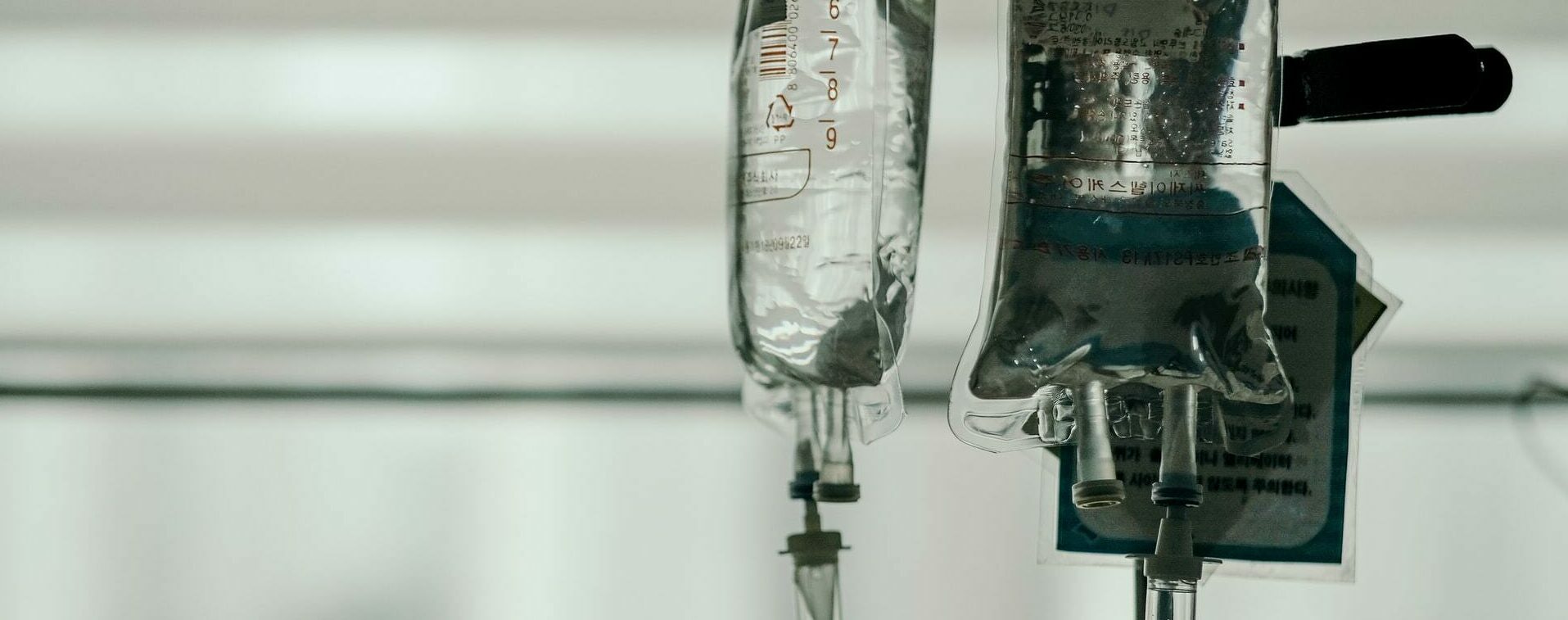
Tuesday 6th July 2021
The new drug Aduhelm: is it a cure for Alzheimer’s or just costly emperor’s clothes?
It’s been hailed as a significant discovery by the university that produced it but its clinical trials in 2019 were halted by independent scientists because of ‘futility’. In June this year three leading scientists resigned from the FDA (the American Food and Drug Administration) after the Regulator licensed it for sale under a continuing trial basis called ‘accelerated approval’. Aduhelm is based on a theory – the amyloid hypothesis - that has largely been abandoned by researchers and whose proponents have been accused of delaying a cure by their dogged dedication to it.
For more than 20 years attempts with different drugs to remove the amyloid plaques failed. The latest was Biogen’s aducanumab (brand name Aduhelm), whose clinical trials were stopped in March 2019. It removed the plaques, but patients clearly still did have Alzheimer’s. So what has brought us to this point and what are the effects likely to be?
After its Phase III clinical trials failed Biogen’s share price fell by 30%. But months later, Biogen brought Aduhelm back from the brink by re-analysing the data and finding a small cohort – those with early stage Alzheimers who had been taking a high dose, had benefited by a 22 percent in cognitive decline. No benefit had been found in other patients. The results were not impressive. Dr Stephen Salloway, a principal investigator for the Aducanumab clinical trial, and who has consulted for Biogen and other pharmaceutical companies, acknowledged that data for aducanumab’s trial is controversial and problematic. Karl Herrup, professor of neurobiology and an investigator in the Alzheimer’s Disease Research Centre at the University of Pittsburgh School of Medicine said that, ‘Biogen was forced to paper over weak science with intense lobbying. With the help of advocacy groups that they finally support, such as the Alzheimer’s Association, the FDA was pressured to go against the advice of its own analysts.’
Under the FDA’s ‘accelerated approval’ programme Biogen must run a post marketing trial to confirm that the drug can improve cognition. Results won’t be known for up to nine years. Dr Aaron Kesselheim, a member of the FDA panel who studies pharmaoeconomics at Harvard Medical School said that ‘experience shows that relying on accelerated approval to gather timely, high-quality post-approval evidence is not necessarily a given’. (https://www.nature.com/articles/d41586-021-01546-2)
Surprisingly, the FDA has not limited Aduhelm to patients with early-stage Alzheimer’s, but anyone diagnosed with the disease can receive it. If they can afford it, that is. Biogen is to charge around US$ 56,000 per year per person, and added to that are the medical costs involved in patient care, including monthly intravenous infusions and monitoring, and PET scans. Around 40 percent of treated patients in Biogen’s clinical trials developed brain swelling and ‘micro-bleeds’: these effects, while often mild, can be serious, and patients have to be monitored.
The approval “completely transforms” Biogen, said analyst Brian Skorney, “This changes it from a declining revenue company to a growth company,” he said, and, in so doing, “opens up a bit of Pandora’s box” in terms of pricing and reimbursement. It could lead to everyone paying higher health care insurance premiums to cover the cost in the USA.
There are already calls for it to be made available in the UK. A big hurdle is likely to be the-value-for-money appraisal that would have to be performed by the National Institute of Health and Care Excellent (NICE), the body that decides what drugs and treatments the NHS should buy. But with so many desperate for a cure for Alzheimer’s, the pressure from patients, the advocacy charities and the pharmaceutical industry will be great.
Responding to an article in the Washington Post by scientists outraged by the decision, the FDA responded saying that when people are desperate for a cure they ‘are often willing to accept some degree of uncertainty of clinical benefit.’ Concerned scientists say the FDA’s decision should have been based solely on the drug’s safety and efficacy, and that ‘desperation’ does not justify authorising an unproven drug that comes with ‘not insignificant’ side effects, including brain swelling and micro-bleeds, and at a cost that few could afford and that could cripple healthcare systems.





































